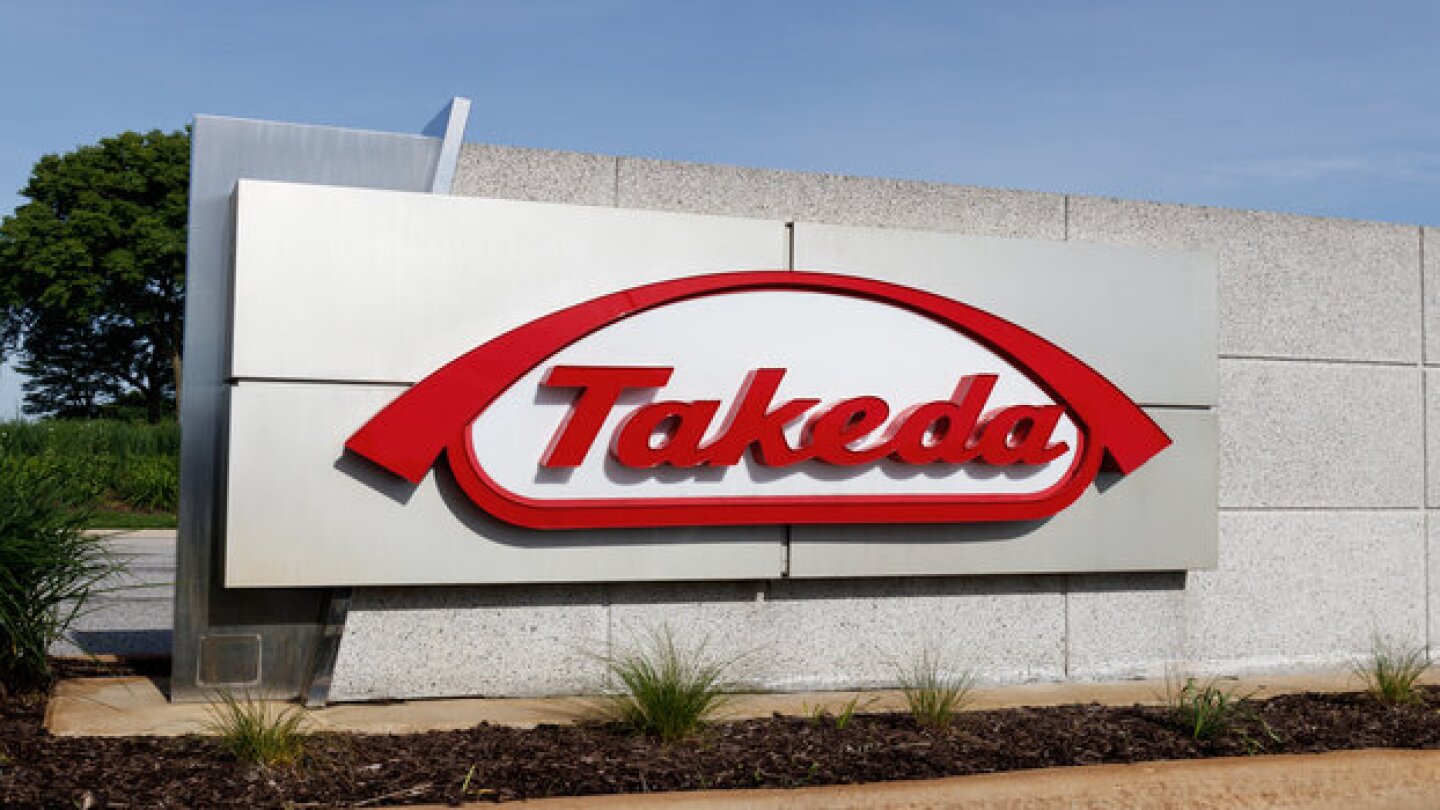Generative AI
In this episode of Denatured, Jennifer C. Smith-Parker speaks with Dr. Rob Monroe and Jennifer Fakish at Danaher Corporation. They discuss how antibody drug conjugates (ADCs) are transforming cancer care. With AI-powered pathology, doctors can now measure HER2 more precisely to match patients with the best treatments.
As next-generation antibody-drug conjugates reshape cancer care, digital pathology and artificial intelligence are transforming how HER2 is measured. The advances aim to help clinicians identify low and ultra-low expressors, match patients to the right therapies and make more precise treatment decisions.
The agency’s sweeping rollout and staff challenge underscore rising momentum behind agentic AI: advanced, multiagent systems now fueling early pilots in medical writing, patient engagement and regulatory workflows across the industry.
With new UK clinical trial rules landing in 2026, the EU Biotech Act on the horizon and China and Australia gaining ground, CROs are zeroing in on study timelines, AI/ML and data privacy as the industry’s next pressure points.
As bispecifics, ADCs, protein degraders, and AI-designed mini-proteins move into the clinic, discovery teams face a new bottleneck: engineering and producing molecules whose complexity challenges conventional workflows.
AI is changing the nature of leadership in biopharma. Here’s how executives can not only adapt, but lead the way.
Nabla and Takeda first joined hands in 2022, to push “the boundaries of next-generation biologics discovery,” according to the startup’s CEO Surge Biswas.
To drive true innovation in drug development, executives must not let excitement about the latest shiny object obscure ultimate outcomes.
The world of healthcare is evolving to more predictive care and patients are taking greater control—a trend already emerging around GLP-1 weight loss treatments. As PwC warns, pharma will need to be ready.
The 2025 Bioprocessing Summit revealed knowledge gaps and changing mindsets. As some companies look towards the future, others struggle with the present and past.
PRESS RELEASES










